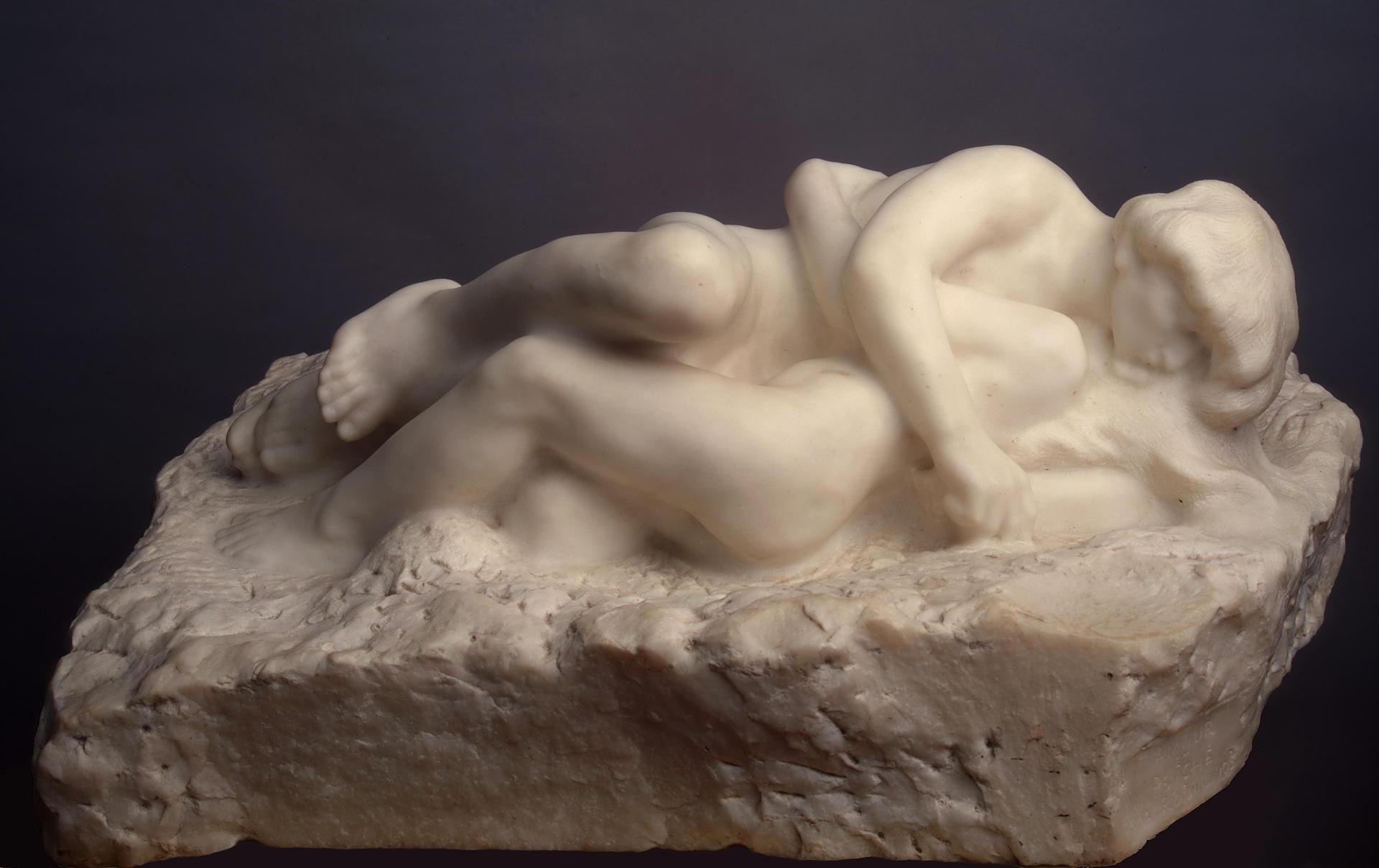While Valentine’s Day is often associated with Cupid, chocolates, and roses, its deeper roots can be traced to centuries-old myths and legends, including those of ancient Greece. Greek mythology, with its tales of love, obsession, and destiny, offers a timeless exploration of romance’s complexities. Whether through the unwavering devotion of Orpheus, the trials of Psyche, the passion of Paris and Helen, or the artistic love of Pygmalion, these myths continue to shape the way love is perceived in culture and storytelling.
Orpheus and Eurydice: A Love That Defied Death
Few stories capture the depth of devotion and loss as poignantly as that of Orpheus and Eurydice. Orpheus, the legendary musician whose melodies could move gods and mortals alike, was devastated when his beloved Eurydice died from a serpent’s bite. Refusing to accept fate’s cruelty, he descended into the underworld, armed only with his lyre, to beg Hades for her return.
His music so moved Hades and Persephone that they granted him a single condition—Eurydice could follow him back to the world of the living, but he must not look at her until they had fully emerged. As they ascended, doubt overtook Orpheus. Unable to bear the silence behind him, he turned—only to watch Eurydice fade back into the shadows forever.
Psyche and Eros: Love’s Ultimate Test
Unlike the tragic fate of Orpheus and Eurydice, the tale of Psyche and Eros celebrates love’s resilience. Psyche, a mortal woman of extraordinary beauty, unknowingly captured the heart of Eros, the god of love. Their romance was shrouded in secrecy, with one crucial rule—Psyche was forbidden from ever seeing Eros’s true form.
Overcome by curiosity, she lit a lamp one night to glimpse her sleeping lover, only for a drop of oil to awaken him. Heartbroken by her betrayal, Eros vanished. Determined to prove her love, Psyche embarked on a perilous journey, enduring impossible trials set by Aphrodite, including descending into the underworld. Ultimately, her perseverance won the favor of the gods, and Zeus granted her immortality, allowing her to reunite with Eros for eternity.
Paris and Helen: A Passion That Sparked a War
Some love stories inspire, while others serve as cautionary tales. The romance of Paris and Helen was so powerful it ignited one of the most legendary conflicts in history—the Trojan War.
Helen, the most beautiful woman in the world, was already married to King Menelaus of Sparta when Paris, the Trojan prince, fell under her spell. Some accounts claim Helen was abducted, while others suggest she willingly left with Paris, enchanted by his charm and the will of Aphrodite. Regardless of how their love began, its consequences were catastrophic.
Helen’s departure led to a decade-long war, claiming the lives of heroes like Achilles and Hector and culminating in the fall of Troy. Though Paris and Helen’s love endured, it came at a tremendous cost, proving that passion can be as destructive as it is powerful.
Pygmalion and Galatea: Love as Creation
Not all Greek love stories end in tragedy. The tale of Pygmalion and Galatea is one of hope, devotion, and the power of love to transform.
Pygmalion, a gifted sculptor, grew disillusioned with mortal women and instead carved a statue of his ideal form of beauty from ivory. So lifelike was his creation that he fell hopelessly in love with it. Moved by his devotion, Aphrodite granted his wish, bringing the statue to life as Galatea.
Love’s Enduring Influence
These ancient myths continue to shape how love is portrayed in art, literature, and modern romance—even influencing the way Valentine’s Day is celebrated today. Whether tragic, transformative, or passionate, Greek mythology reminds us that love, in all its forms, remains one of the most powerful forces in human history.



